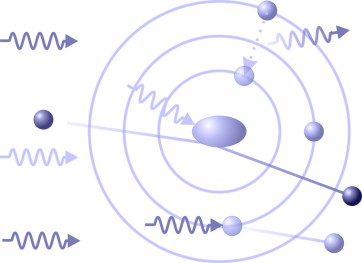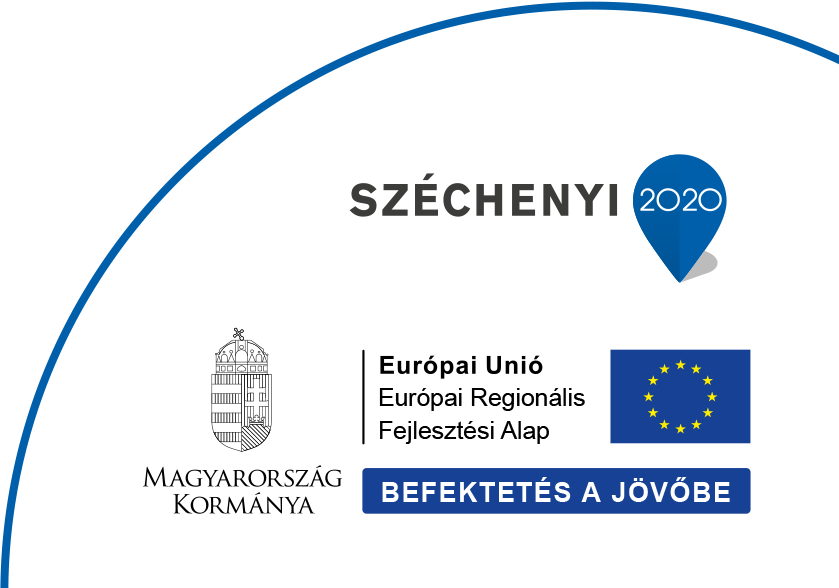Predecessors of the Functional Materials Laboratory (FunMatLab) date back to the 1960-ies when materials analysis and engineering with γ-photons and X-rays, neutrons and accelerated ions at the Central Research Institute for Physics in Budapest started. Subsequently methods, scope and preparation tools available at Department of Materials Science by Nuclear Methods were step-by-step extended and organized into a network. FunMatLab is presently an open-access research infrastructure (RI) accessible to all scientists, developers and students worldwide.
Major FunMatLab facilities include
- a molecular beam epitaxy (MBE) equipment,
- a chemical technology and isotope laboratory,
- a heavy-ion implanter,
- a Van de Graaff accelerator with ion-beam analysis (IBA),
- a Mössbauer laboratory with spectrometers of various detection methods and sample environments,
- a polarized-beam neutron reflectometer,
- an X-ray optics development and high-resolution X-ray spectroscopy (XANES, EXAFS, and XES) laboratory,
- set-ups for femtosecond-resolved pump-probe laser spectroscopies.
The latter two items include transient optical absorption, time-resolved fluorescence, and stimulated Raman scattering (fs-SRS). The X-ray and laser techniques were developed in the last decade using an ERC grant as well as the national excellence programmes Momentum, VEKOP and NKP.
Activities and services
Proposals can be submitted any time and will be checked for feasibility first. In case of a positive outcome, financial, cooperation and intellectual property conditions will be negotiated in line with public and transparent rules. FunMatLab encourages accessing the facilities in smart-access mode, i.e. with mail-in samples and, if possible, remote control by the users from their home institutes or universities. FunMatLab offers sample preparation and analytical services that serve as precondition of accessing pan-European RIs like ESRF, ESS and the European XFEL. Most of the analytical methods are non-destructive preserving valuable samples, an important aspect for cultural heritage applications. X-ray and Mössbauer methods have chemical sensitivity, the pump-probe techniques unveil ultrafast molecular dynamics, Mössbauer spectroscopy and neutron reflectometry have magnetic sensitivity, etc. At the heart of materials innovation is an understanding of material structures from the atomic and microscopic scales upwards. Current research topics of groups recently using FunMatLab include studying ultrafast transitions in light-activated functional molecules, applying X-ray spectroscopy as probes with the final aim of developing smart materials of matching structure and function. Very recently, a project used, in a complex way, most of the FunMatLab facilities for fine-tuning magnetic quantum properties to be finally used for developing low-energy devices. In the future, FunMatLab facilities can be efficiently used for research related to various Horizon Europe missions, most notably to Mission 4 (climate-neutral and smart cities).


